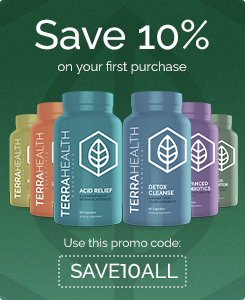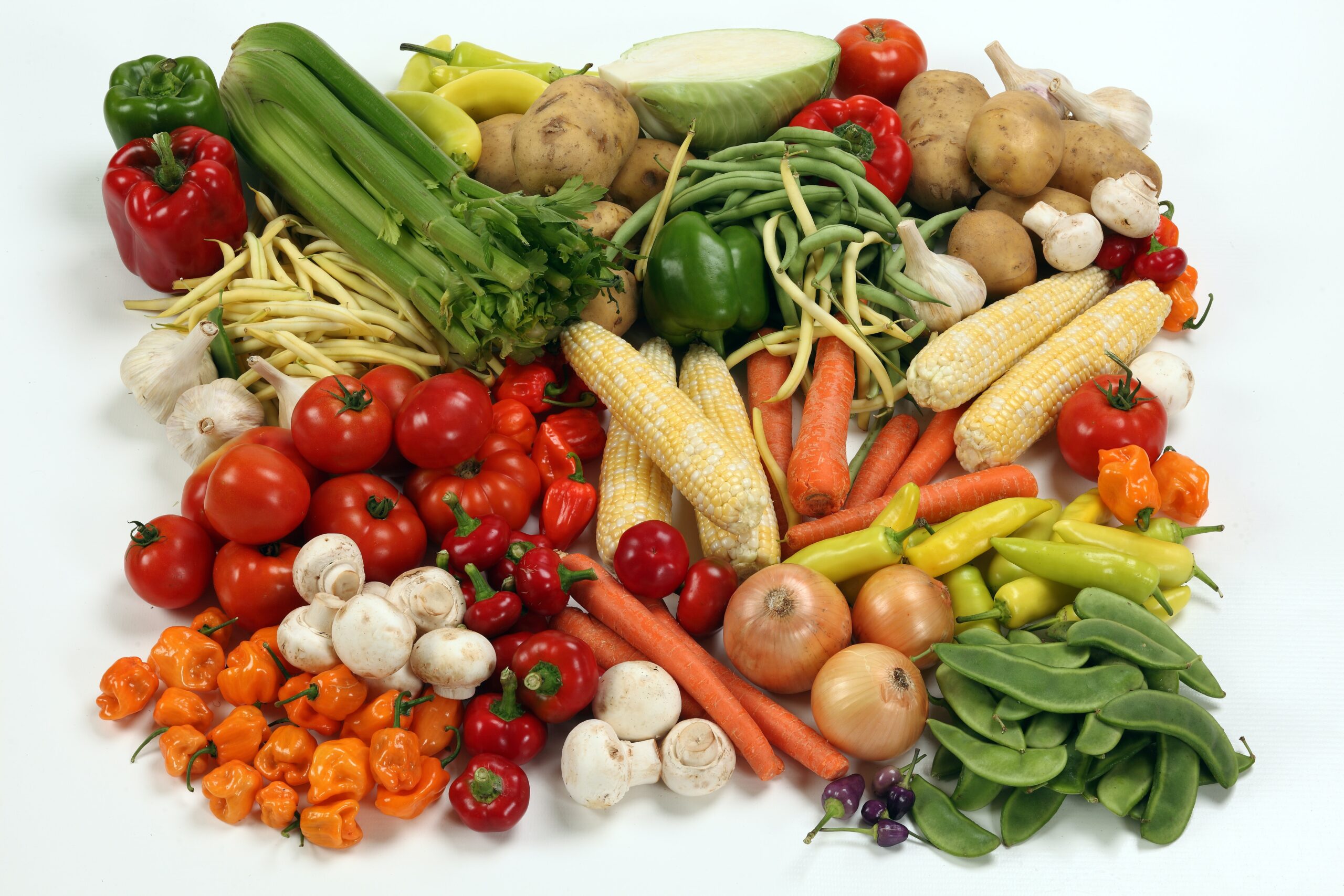Ever wondered why you get butterflies in your stomach when you’re nervous or where that “hangry” feeling comes from when you skip lunch? Well, scientists have been wondering too, and they’ve learned a lot. While the idea of simply eating ourselves “happy” might sound like a wellness trend, recent research has shown the powerful impact of our gut microbiome on our mood.
Stick around as we delve into the profound influence of your gut microbiome on your mood and how it can contribute to a happier and healthier you.
The Gut-Brain “Happy Hormone”
The gut microbiome is a bustling community of trillions of bacteria, fungi, and other microorganisms. It plays a crucial role in not only digesting our food but also influencing our overall health, including our mood.
The gut and the brain communicate through what’s known as the gut-brain axis. This connection is facilitated by neural, hormonal, and immune pathways, allowing the gut to send signals to the brain and vice versa. So, what happens in the gut doesn’t just stay in the gut; it very much affects our emotions too. But the gut isn’t just a messenger when it comes to the feel-good factor, it creates these chemicals too. Up to 95% of our serotonin, the so-called “happy hormone,” is produced in the gut, challenging the traditional idea that it’s solely a brain-derived neurotransmitter.
A 2021 study took research in this area a step further and found a significant correlation between the diversity of gut bacteria and individuals’ susceptibility to depressive symptoms. It revealed that subjects with a more diverse gut microbiome tended to exhibit lower instances of depression compared to those with less diverse microbial communities. Furthermore, the study highlighted the presence of certain bacterial strains was associated with increased serotonin production, emphasizing the direct impact of the gut microbiome on emotional well-being.
Eating for a Happier Gut
Now that we’ve established the profound role of the gut in shaping our mood, let’s explore how we can nurture it for optimal well-being.
- Diversify Your Diet: Including a variety of colorful fruits and vegetables in your meals provides essential nutrients that support a healthier gut environment.
- Eat More Fermented Foods: Kimchi, Kombucha… you name it. If it’s fermented, it’s worth trying out. These tangy foods are your gut’s best friends, they’re rich in live, gut-friendly bacteria that help your gut microbiome to thrive.
- Don’t Forget Prebiotics: These are like the fertilizer for your gut. Insoluble fibers found in prebiotic-rich foods feed the probiotics (healthy bacteria) in your gut helping them flourish. Include foods like onions, garlic, bananas, and asparagus in your meals for that extra prebiotic kick.
- Protein to Boost Serotonin Production: Tryptophan is a key player in serotonin production and you’ll find it in protein-rich foods. So make sure your diet contains an adequate amount of protein from sources like lean meats, poultry, dairy, nuts, tofu, and plant-based alternatives to keep the serotonin levels soaring.
- More Oily Fish for Those Omega-3s: Oily fish, such as salmon and mackerel, is packed with omega-3 fatty acids essential for serotonin function.
Mood-Boosting Vitamins
Let’s not overlook the role of essential vitamins either. Vitamin D, often referred to as the “sunshine vitamin,” is shown to influence mood regulation. Exposure to sunlight triggers its production, promoting a positive impact on serotonin levels. If you struggle with your daily intake, supplement your diet with our daily Liposomal Vitamin D3+K2 to ensure your levels stay where they should be, especially in seasons with limited sunlight.
Vitamin B12 is another important vitamin that’s vital for neurotransmitter synthesis, including serotonin. Leafy greens, legumes, nuts, and lean meats are excellent dietary sources and can be further topped up with our Liposomal B12. By ensuring an adequate intake of these vitamins, you provide your body with the building blocks for a stable mood and enhanced overall well-being.
Nurturing Your Gut for a Healthier and Happier You
Now that we understand the gut’s capacity to influence mood and produce essential neurotransmitters like serotonin, we can potentially enhance our emotional resilience and even mitigate the risk of mood disorders such as depression and anxiety.
By protecting your gut health to develop a diverse microbiome, you can take proactive steps to optimize both your physical and emotional well-being in the coming year. To get a headstart, visit our online store where you can find a range of supplements to support your gut health journey.


